To provide the best experiences, we use technologies like cookies to store and/or access device information. Consenting to these technologies will allow us to process data such as browsing behaviour or unique IDs on this site. Not consenting or withdrawing consent, may adversely affect certain features and functions.
The technical storage or access is strictly necessary for the legitimate purpose of enabling the use of a specific service explicitly requested by the subscriber or user, or for the sole purpose of carrying out the transmission of a communication over an electronic communications network.
The technical storage or access is necessary for the legitimate purpose of storing preferences that are not requested by the subscriber or user.
The technical storage or access that is used exclusively for statistical purposes.
The technical storage or access that is used exclusively for anonymous statistical purposes. Without a subpoena, voluntary compliance on the part of your Internet Service Provider, or additional records from a third party, information stored or retrieved for this purpose alone cannot usually be used to identify you.
The technical storage or access is required to create user profiles to send advertising, or to track the user on a website or across several websites for similar marketing purposes.
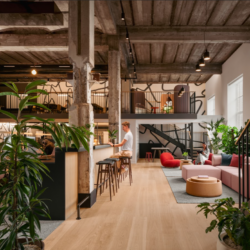 As you’ll see as you make your way through this new issue of Works magazine, we’ve spent even more time than usual discussing and learning about sustainable office design – and in particular how the interiors industry is determined to keep sustainable products, business practices and processes at the forefront of our thinking. More →
As you’ll see as you make your way through this new issue of Works magazine, we’ve spent even more time than usual discussing and learning about sustainable office design – and in particular how the interiors industry is determined to keep sustainable products, business practices and processes at the forefront of our thinking. More →





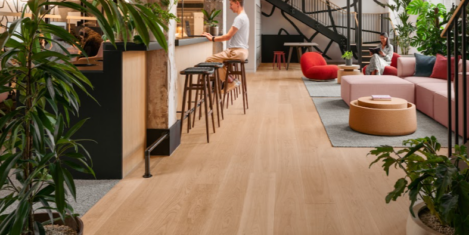




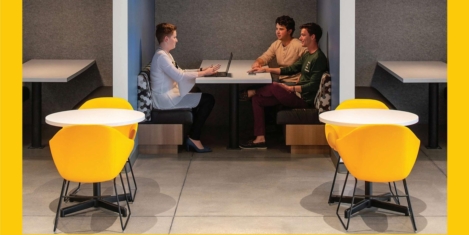
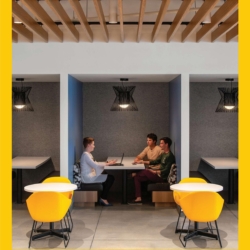


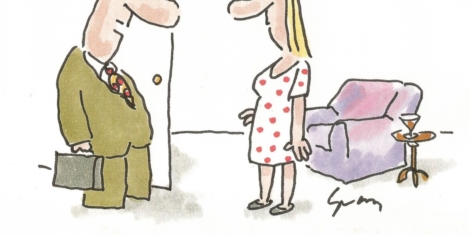
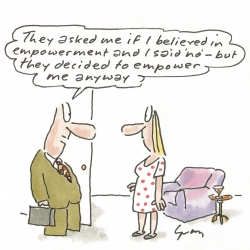
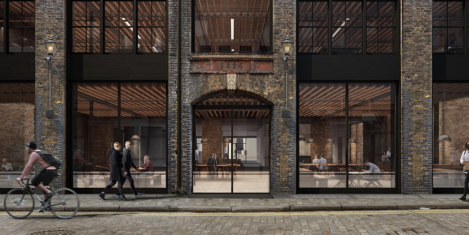
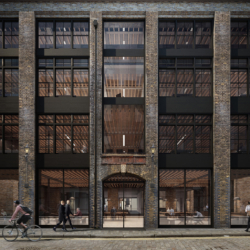
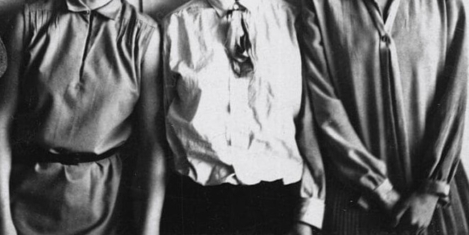

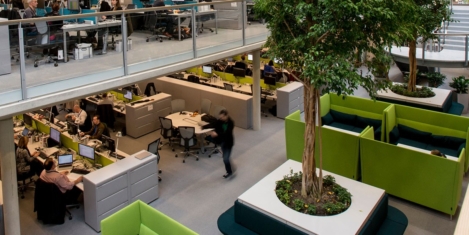
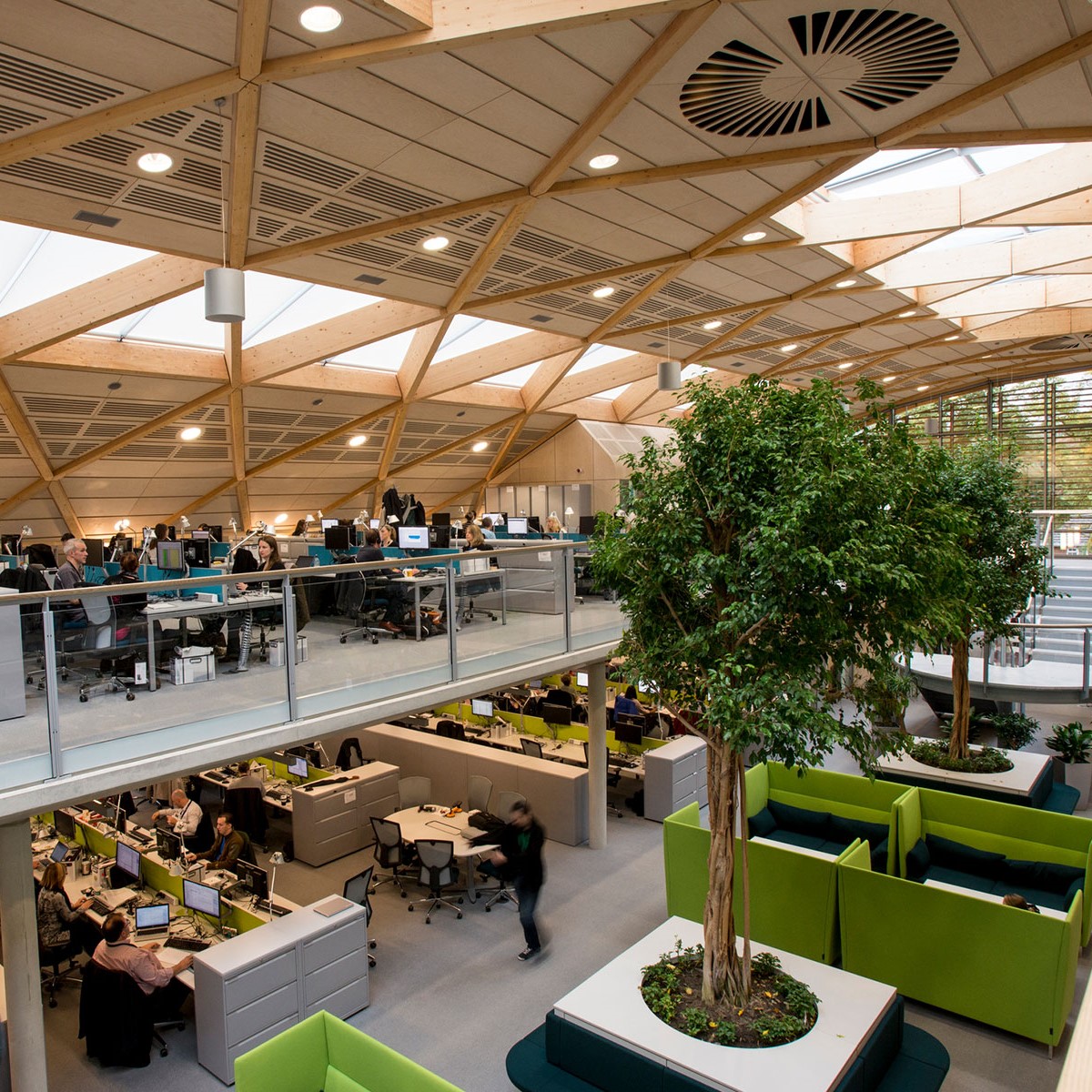
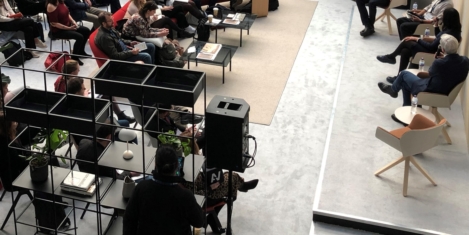
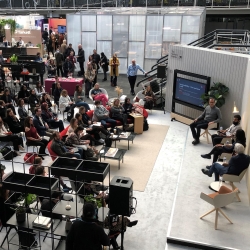





















March 14, 2024
When the chairs took over the world and what it all meant
by Mark Eltringham • Comment, Facilities management, Furniture, Workplace, Workplace design